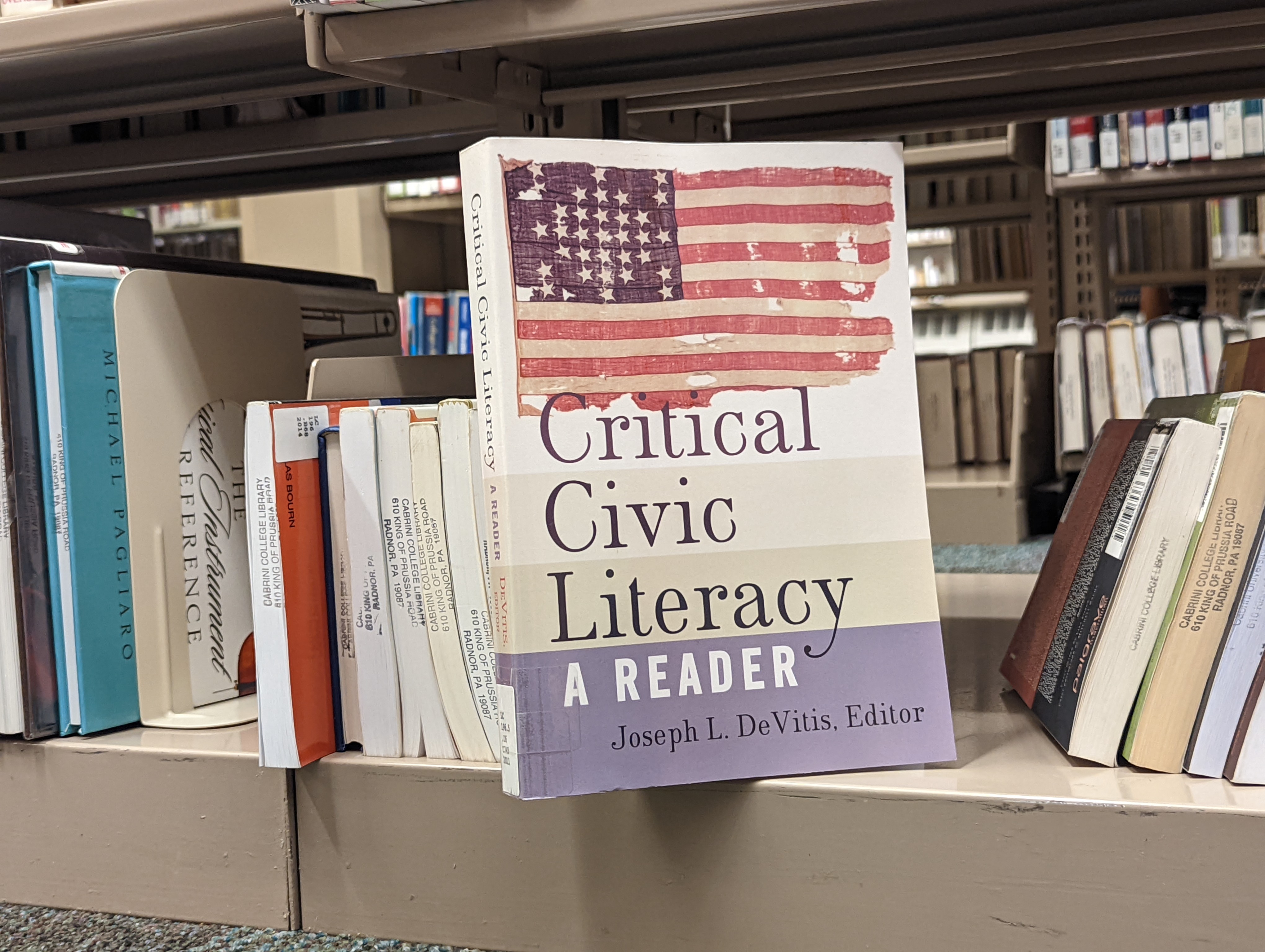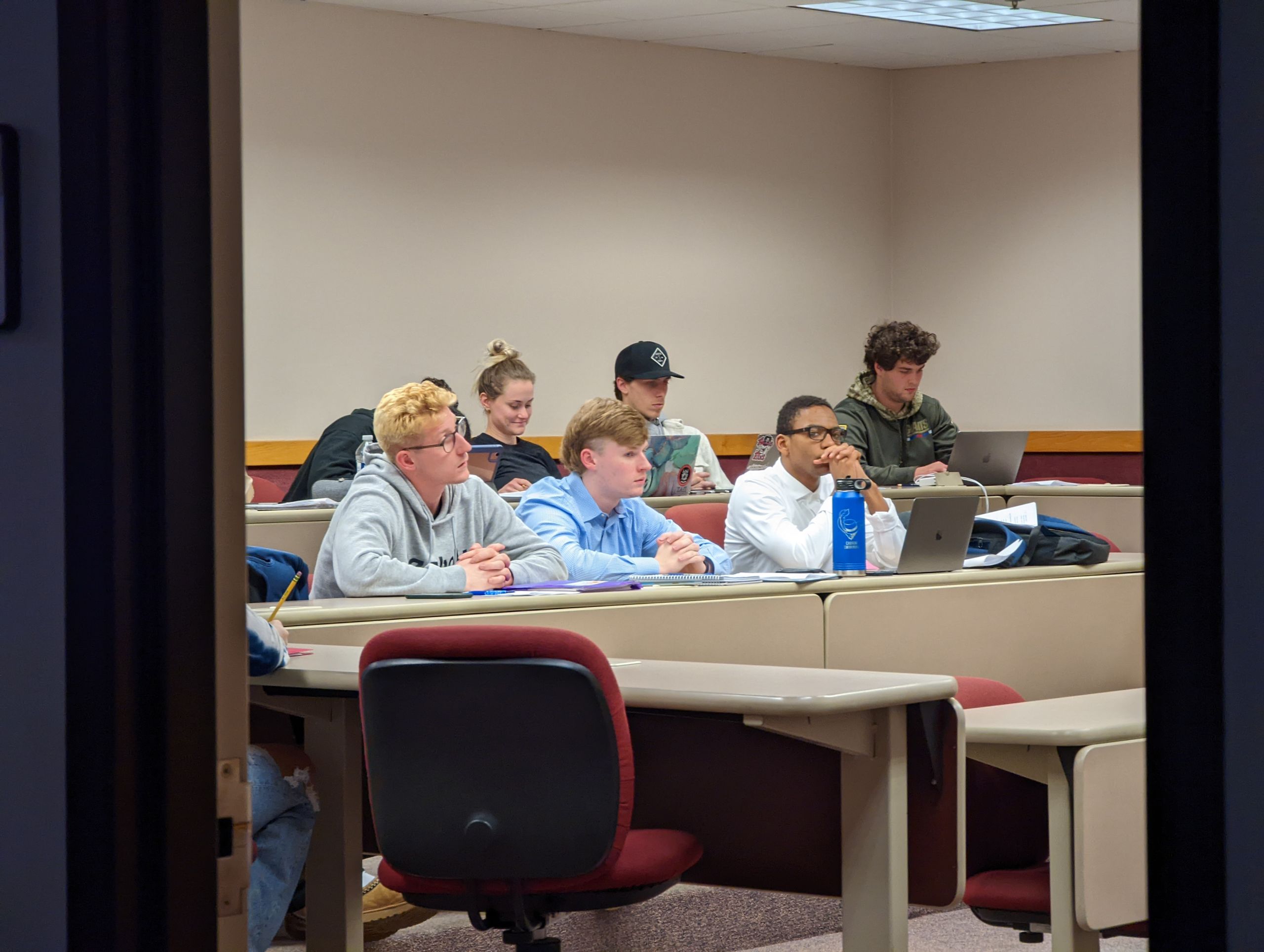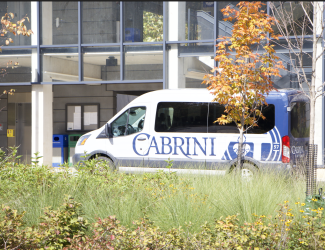Modern education fails to prepare students for citizenship in a democratic society, fails to make students politically informed citizens, and fails to inform students about basic civics.
It’s not just a matter of opinion, either. The majority of Americans cannot pass a citizenship test. The Annenberg Public Policy Center discovered that only 47% of United States adults could name all three branches of government. In that same study, many respondents couldn’t name the five freedoms mentioned in the First Amendment.
The public has little trust in the government. The government is trusted by only two out of 10 Americans. A 2016 research by the American Council of Trustees and Alumni found that more than 80% of college seniors at 55 top-ranked institutions would receive a D or F on a basic history test.
The desperate need for civics
Most Americans lack political awareness and are overconfident about their knowledge of politics.
Citizens need political awareness in a democracy so that they can think critically about the ways in which their government functions. Developing a sense of political awareness enables citizens to make informed decisions, reflects their attitudes and preferences, supports democracy and fosters trust in government. I believe civics classes in school make students become politically aware.

In the Merriam-Webster Dictionary civics is defined as “a social science dealing with the rights and duties of citizens.” It is a study of civil law, and the civil code is included, as well as a study of government that emphasizes citizen participation. Students study government procedures, political ideologies, their constitutional rights, and the history behind them.
Civics teaches students the obligations and rights of citizenship, and explores them from a philosophical and practical perspective. Civics exposes students to public discourse and to debates about real-world issues.
One of the reasons why trust in the government is at an all-time low is because of the lack of civic education in school. When students are not taught civics they grow up not learning how to participate in their government. It is easy to lose trust in a government that you don’t participate in and don’t understand.
Civics promotes civic engagement in students who will learn about voting, community service, activism, and more. Civics teaches students how to promote the common good in our democracy. And early civic participation benefits young people as well as the communities in which they participate, according to research.
Early civic involvement is even related to later-life improvements in health. Young adult activity, including voting and volunteering, has been linked to better mental health, higher educational attainment, and higher personal and household incomes. Young adults can be significant contributors to their local communities if they are given the proper tools.
The death of civics in modern education
However, civics education appears to be a low priority in many American schools. Only 18% of colleges and universities require a course in American history or civics as part of their general education curriculum. In third through fifth-grade classes in the United States, the amount of time devoted to social studies education decreased by 56 minutes per week between 1993 and 2008. A 2014 study confirmed this tendency, finding that social studies instruction was placed on average for 2.52 hours per week.
This explains why most Americans have difficulty with basic civic literacy. Democracy only survives when the citizens are informed.







